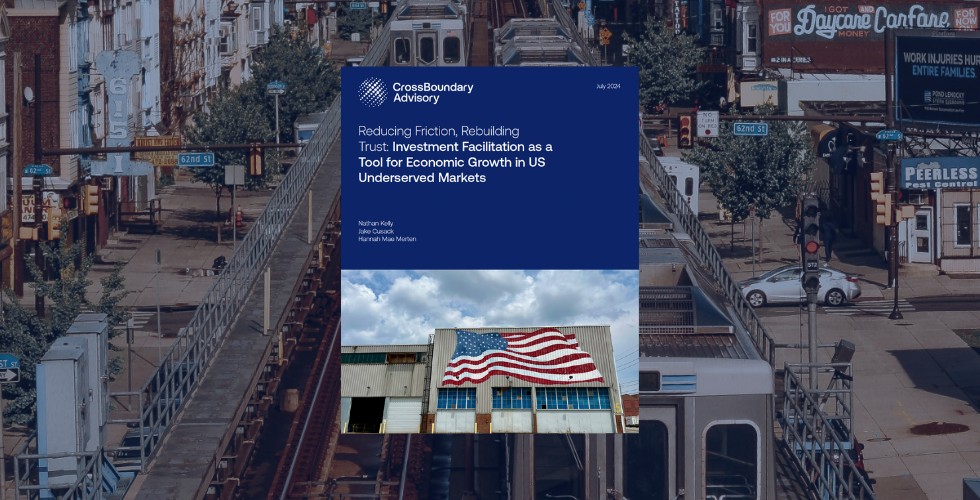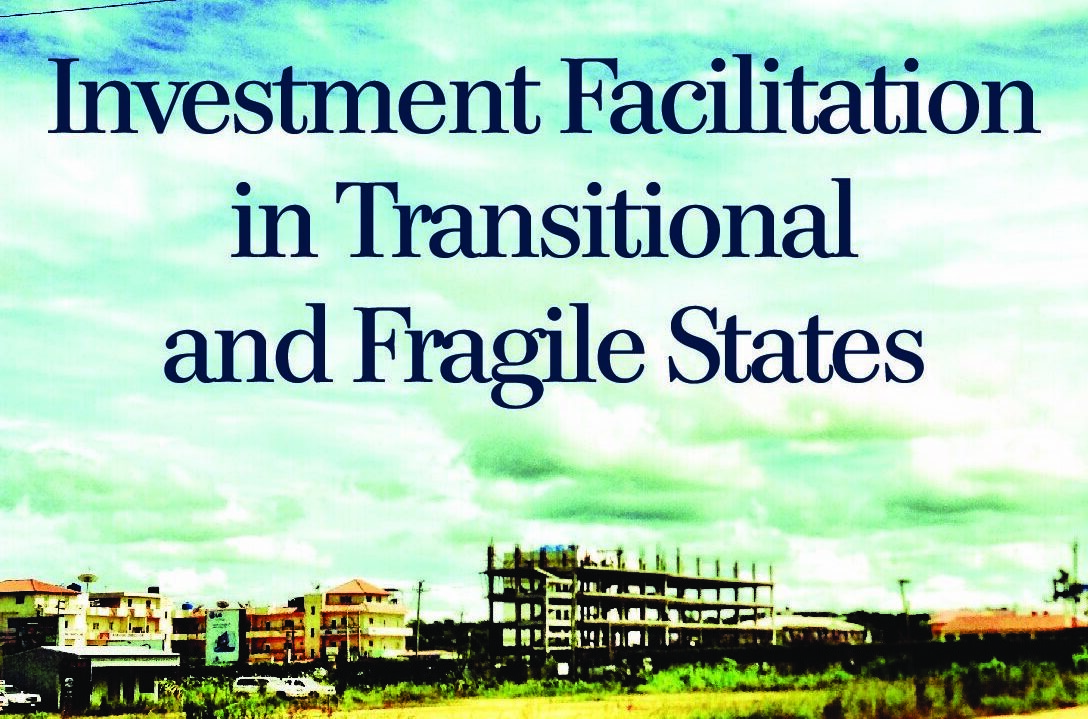
Reducing Friction, Rebuilding Trust: Investment Facilitation as a Tool for Economic Growth in US Underserved Markets
In the wake of the murder of George Floyd in May 2020, the 50 largest US public companies pledged nearly US$50B to address racial inequality, more than 90% of which was allocated as loans or investments into Black institutions and communities.
In the wake of the murder of George Floyd in May 2020, the 50 largest US public companies pledged nearly US$50B to address racial inequality, more than 90% of which was allocated as loans or investments into Black institutions and communities.
However, in the first year since corporate pledges to address racial inequality were made, 37 companies confirmed disbursing only US$1.7B of the US$50B pledged. Most of those dollars were disbursed in the form of grants, in contrast to the 90% initial allocation towards loans or investments into Black institutions and communities.
We do not think this is an anomaly. Since the introduction of empowerment zones in the 1990s, a litany of government and private programs have sought to promote investment in US underserved markets. Yet most of these programs have achieved middling results, and, by our count, none have reached the lofty goals set out for them.
Despite the political will, availability of public/philanthropic funding, and best intentions of these programs, there is no inevitability to the flow of capital to opportunities in underserved markets. Two unique characteristics of underserved markets prevent programs and policies from reaching their objectives: high transaction costs and deep information asymmetries.
For the past decade, CrossBoundary has implemented and refined investment facilitation as a targeted approach to address transaction costs and information asymmetries in underserved markets around the world. We believe investment facilitation has a critical role to play in driving economic growth in underserved markets within the US.





